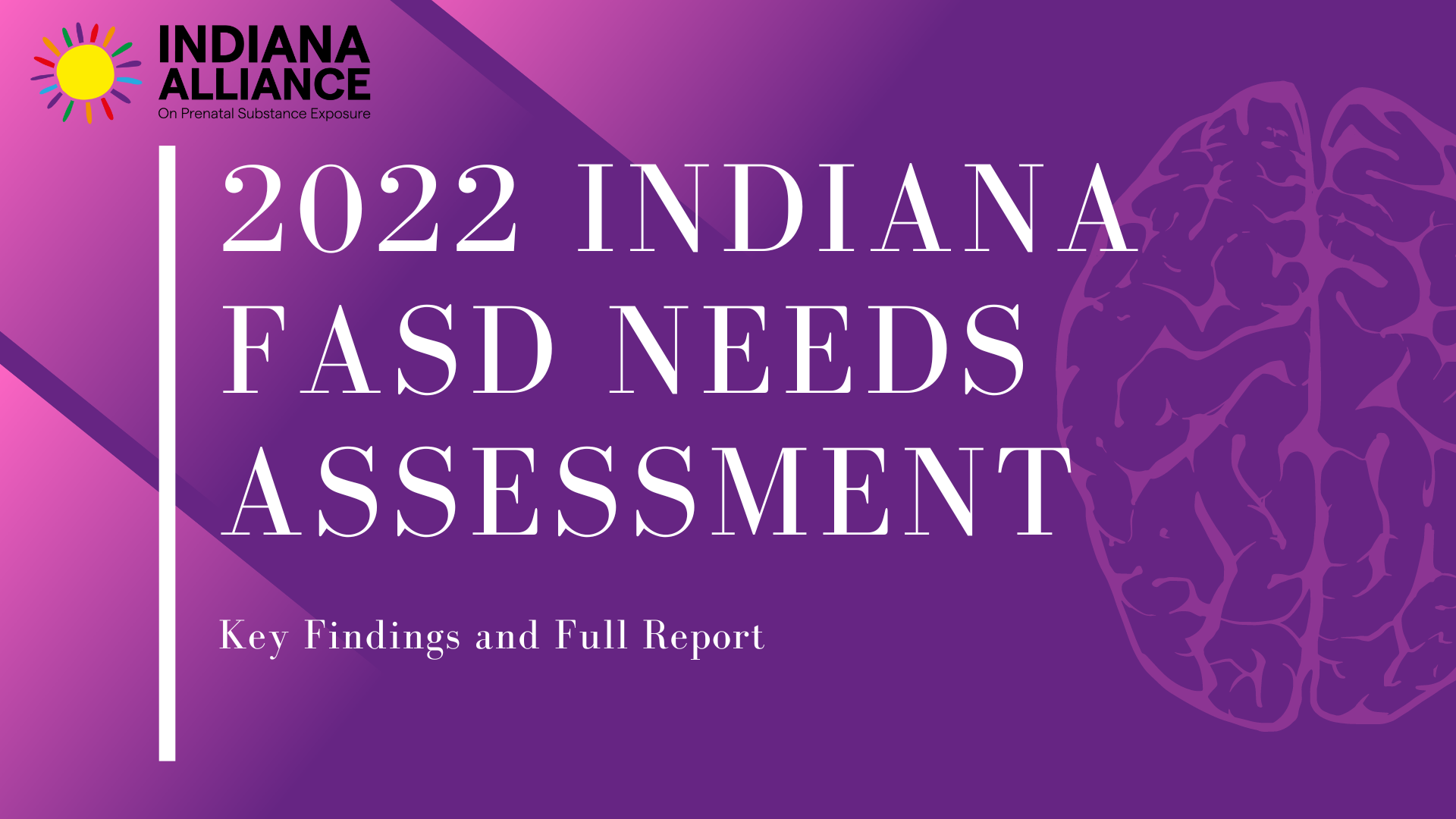Removing newborn babies from women who are suffering from addiction helps neither mother nor child, says a doctor at the forefront of a movement to keep them together.
The stress of that separation, Dr. Ron Abrahams believes, has been confused for withdrawal symptoms in the past.
“Whenever you put a baby in an abnormal environment, it’s going to exhibit abnormal behaviour,” he says.
“And that was interpreted by the medical system in those days as the baby withdrawing, when it was actually withdrawing from the mother.”
Dr. Abrahams is the medical director of perinatal addictions at B.C. Women’s Hospital in Vancouver.
He is also the co-founder of the Families In Recovery (FIR) Square combined care unit, an initiative that keeps these mothers and babies together in a program called rooming-in.
Babies born into circumstances of addiction have usually been whisked away from their mothers immediately after birth.
The newborns were then brought to neonatal intensive care units, to be monitored and treated for withdrawal symptoms.
But babies are not born addicted, Dr. Abrahams says — they are born “exposed” to the drug.
“Addiction is defined as seeking out the drug,” he explains.
“These babies don’t seek out the drug, they are just experiencing some withdrawal from the drug that they were exposed to.”
That withdrawal can take about a week for these babies, he says, during which time there’s a greater benefit in keeping them with their mothers.
‘I didn’t feel judged’
Rebecca Dowds was taking seven Percocet pills a day when she discovered she was pregnant.
“I was excited but very nervous,” she says, “having knowledge about what narcotics could potentially do to a child while pregnant.”
She had become dependent on the pills, a combination of oxycodone and acetaminophen, after they were prescribed for back pain and sciatica.
Upon learning of her pregnancy, she spoke to her pain specialist and began to wean herself off her dosage.
That process was interrupted when she moved from Newmarket to Kingston, Ont., and was temporarily without medical assistance.
When her daughter was born, she and the infant were moved to the rooming-in program in Kingston General Hospital.
They had a room to themselves, with doctors and nurses regularly checking in to assess her daughter’s withdrawal symptoms, which receded over the five days they were there.
They also helped her to connect with programs that helped her adjust to motherhood in her situation.
Most importantly, Dowds says, she didn’t feel judged.
“All the people that were working with me were just amazing, compassionate people that didn’t appear to have a single judgment for my seeking help with the problem.”
Dowds is back at work and living a normal life, and she says her daughter Sephira, now 2, is an “incredibly lively, happy little girl who will talk your ear off.”
Breaking the cycle
Rooming-in has reduced the length of hospital stays and proven cost effective, Dr. Abrahams says, but there are also medical and social imperatives.
Keeping mother and child together helps to break a cycle of intervention.
“What we’re doing is we’re hard-wiring these babies to be socially competent human beings.”
“But the most important thing is that we’re rewiring the mothers to be socially competent, nurturing mothers.”
Credit / Sources
This segment was produced by The Current’s Kristin Nelson, Idella Sturino and Julie Crysler. It appeared originally on the CBC News website.








